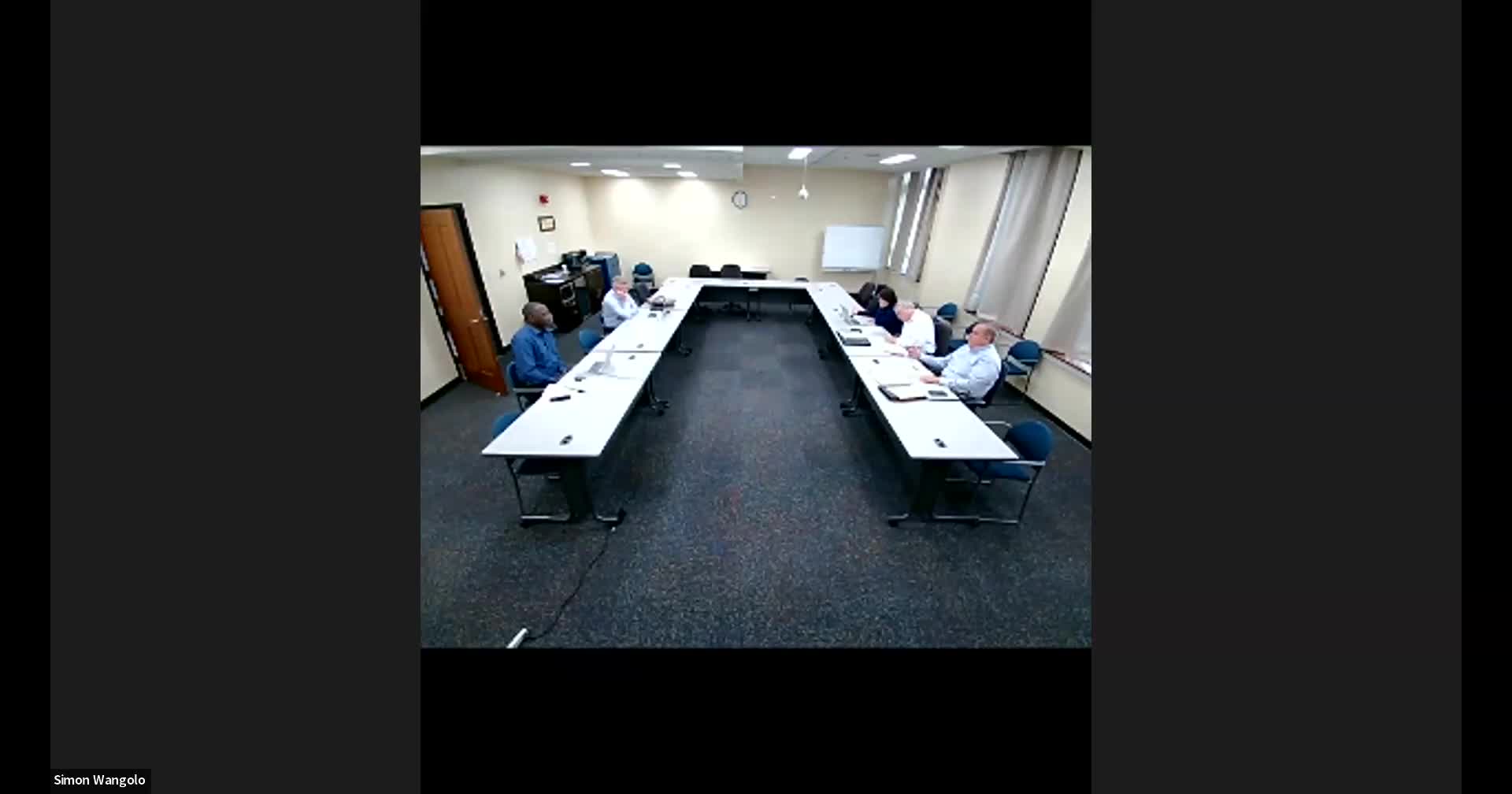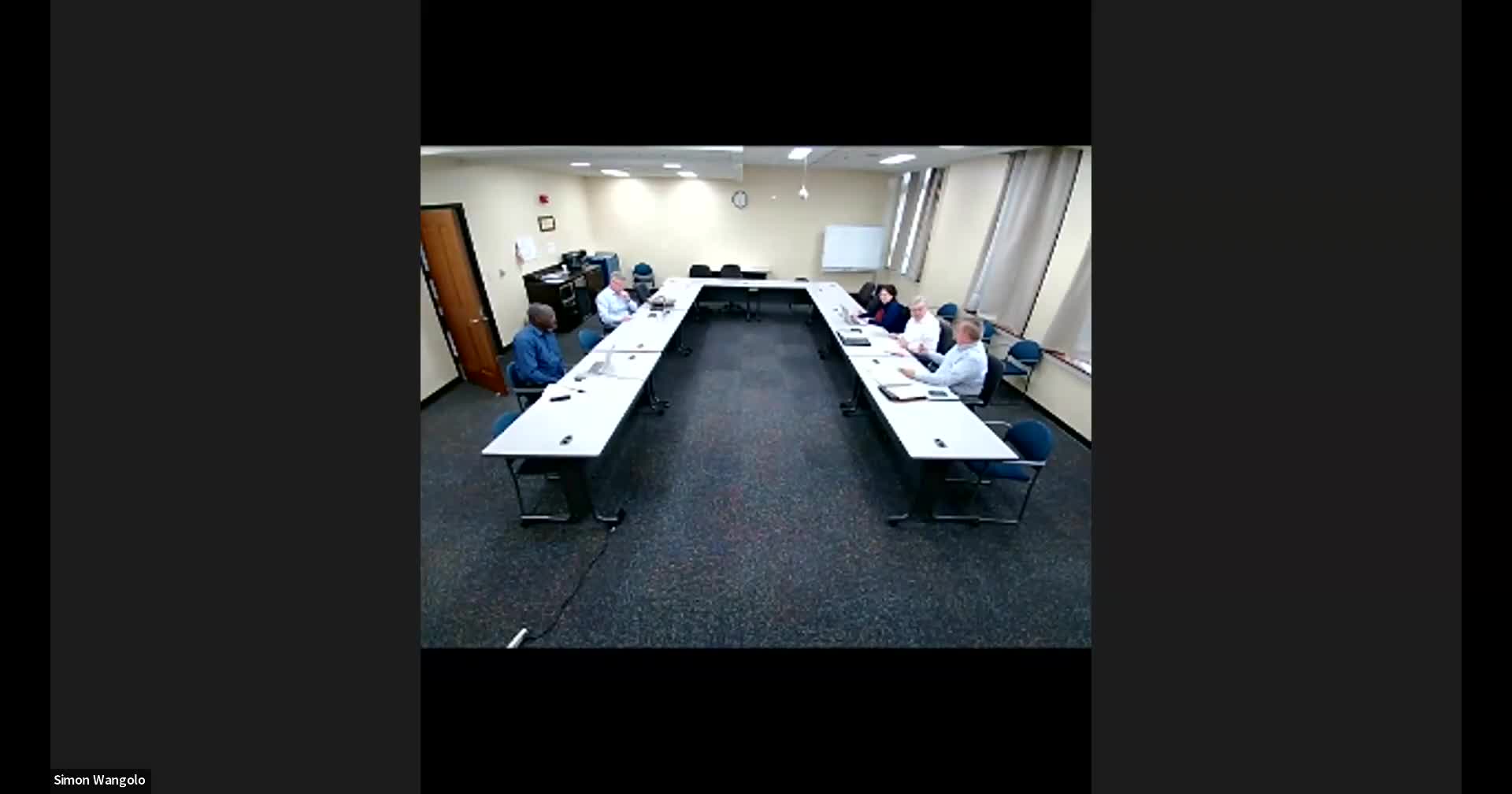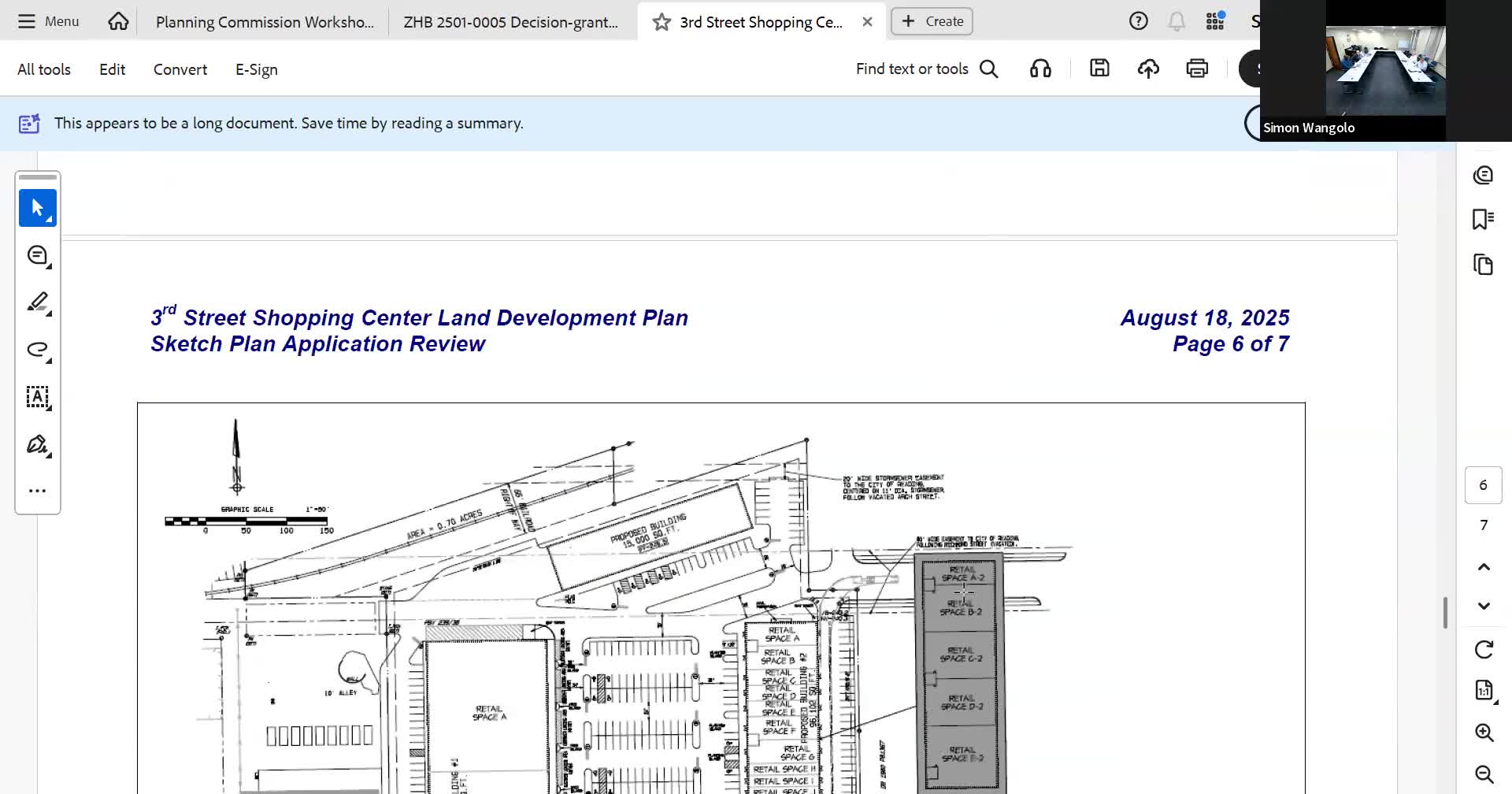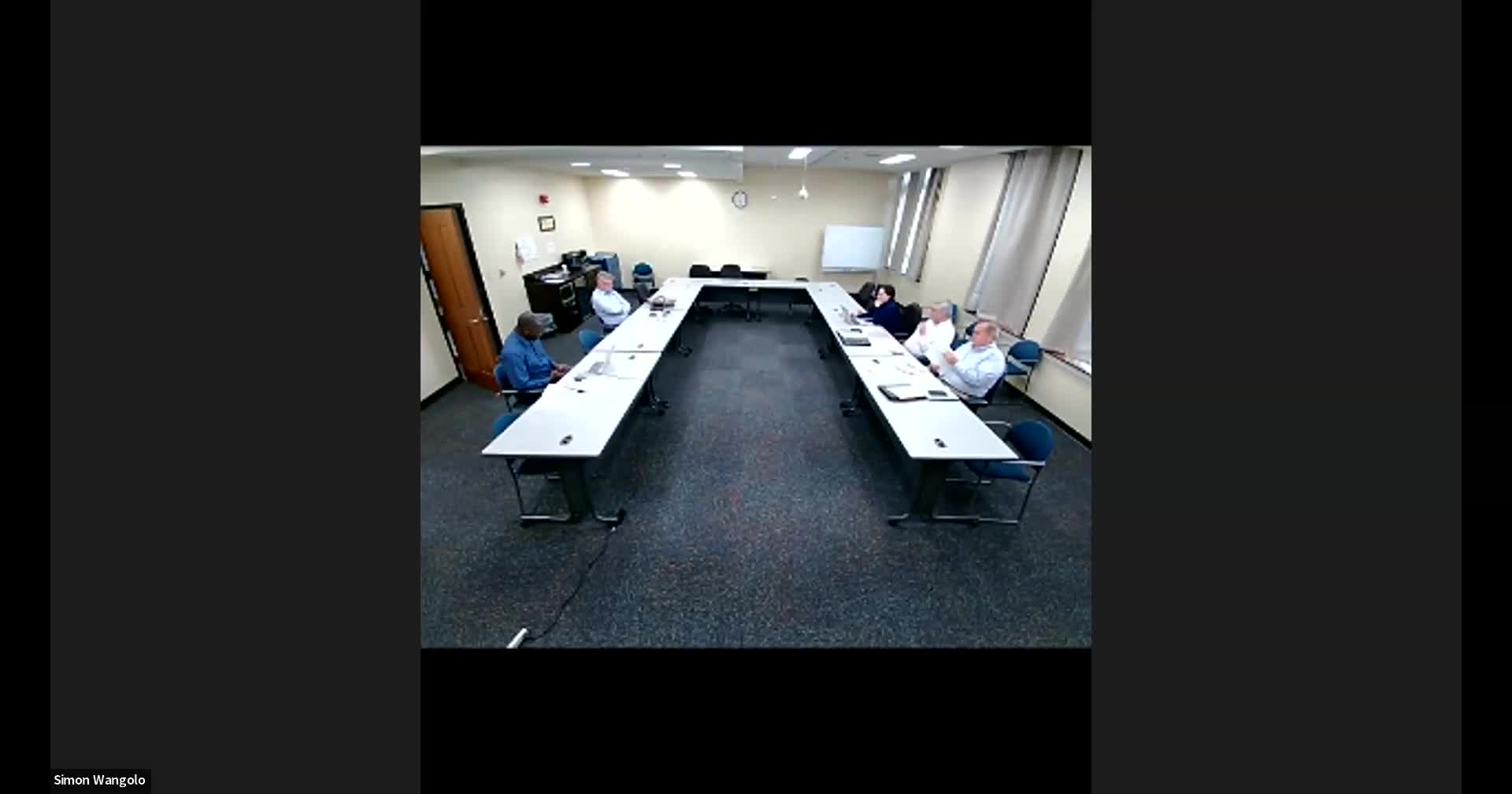Article not found
This article is no longer available. But don't worry—we've gathered other articles that discuss the same topic.

Planning staff briefs commission on parking and loading draft, Redding Parking Authority given 30 days to comment

Reading planners report short-term rental ordinance moving to council; registration, inspections and business-license rules highlighted

Berks IDA outlines remediation, traffic and stormwater constraints for Third Street shopping-center sketch plan

